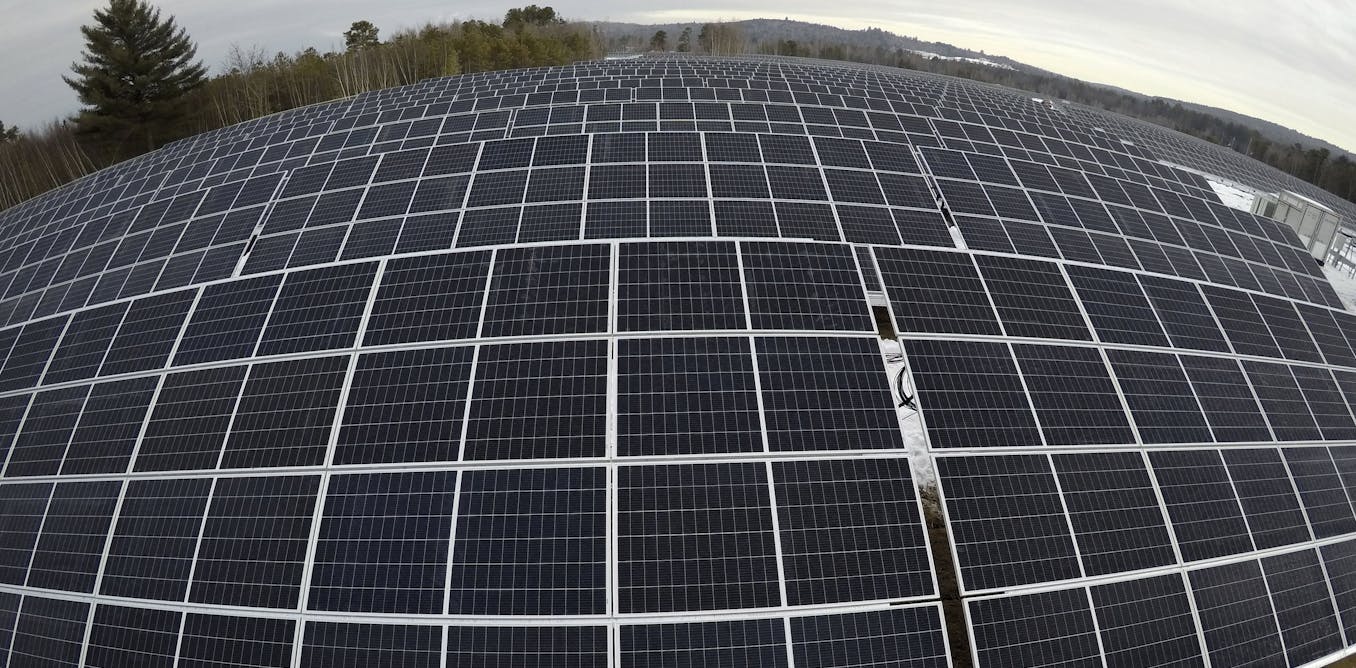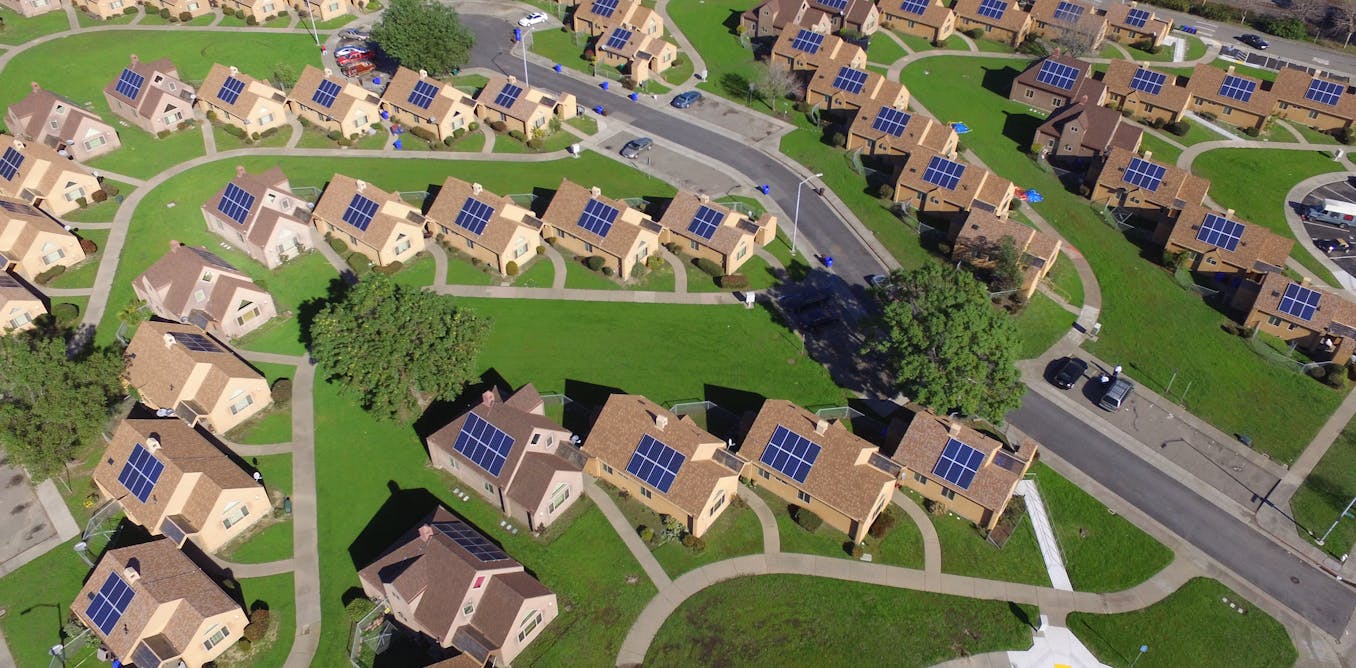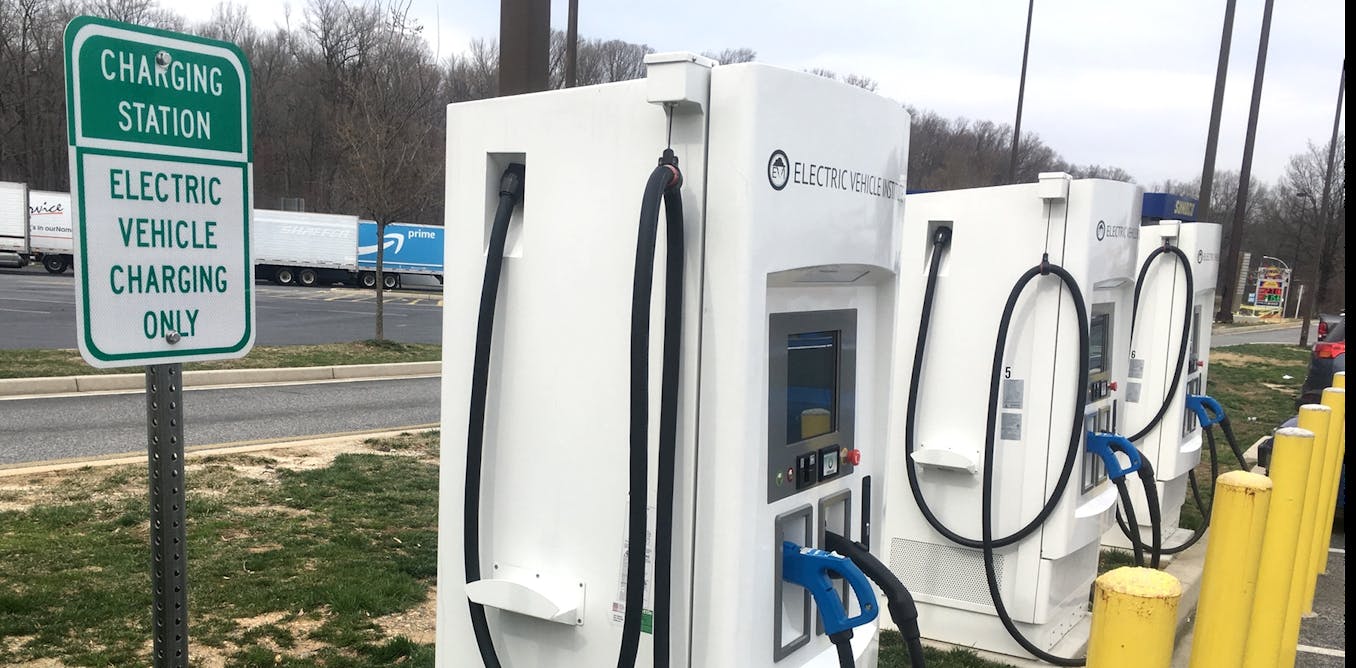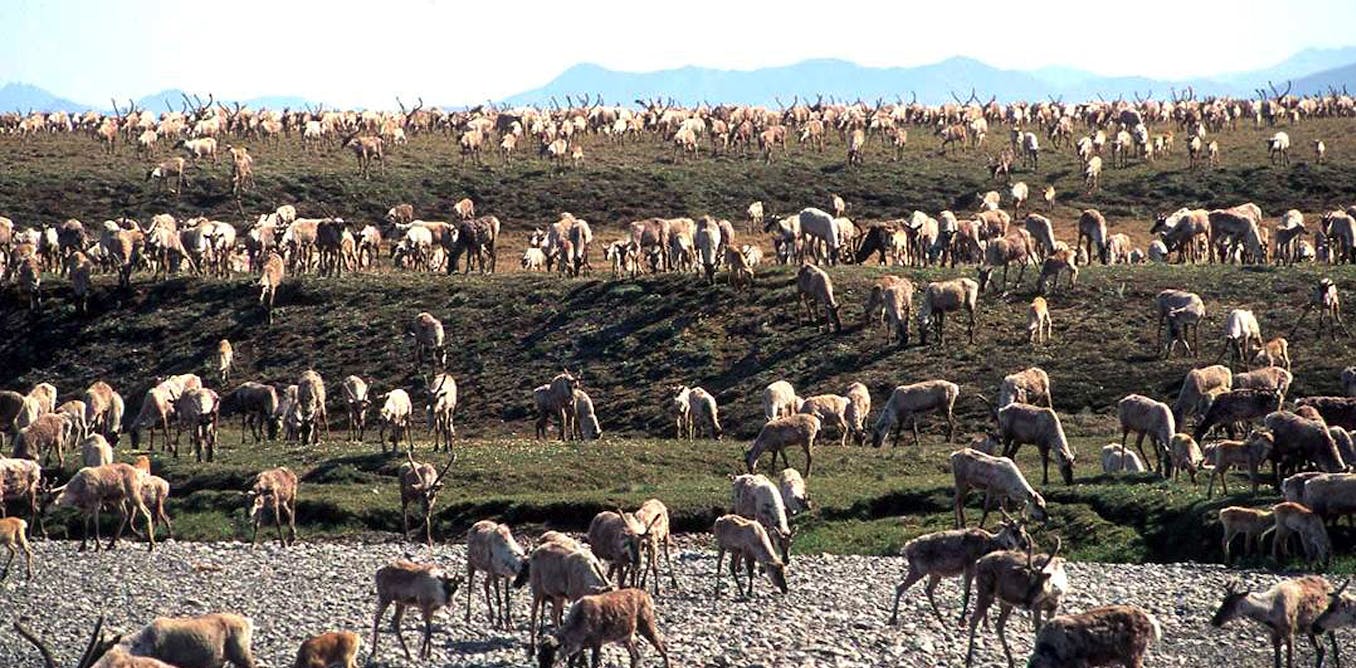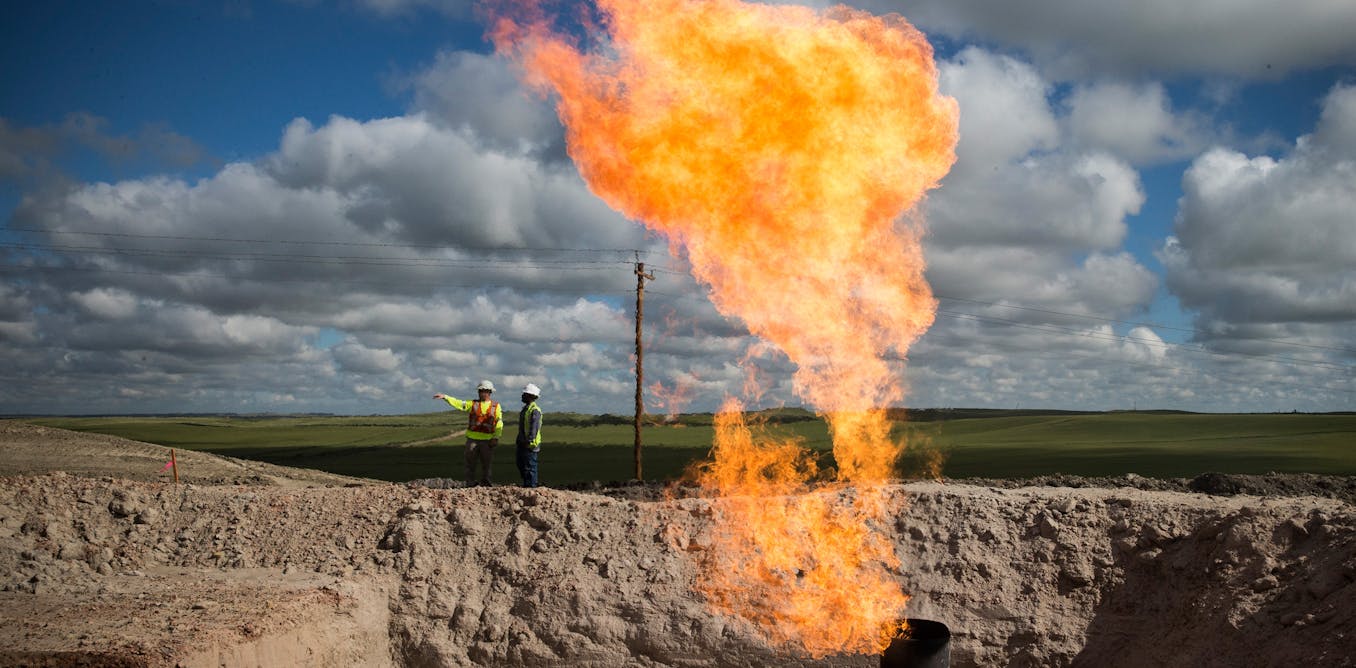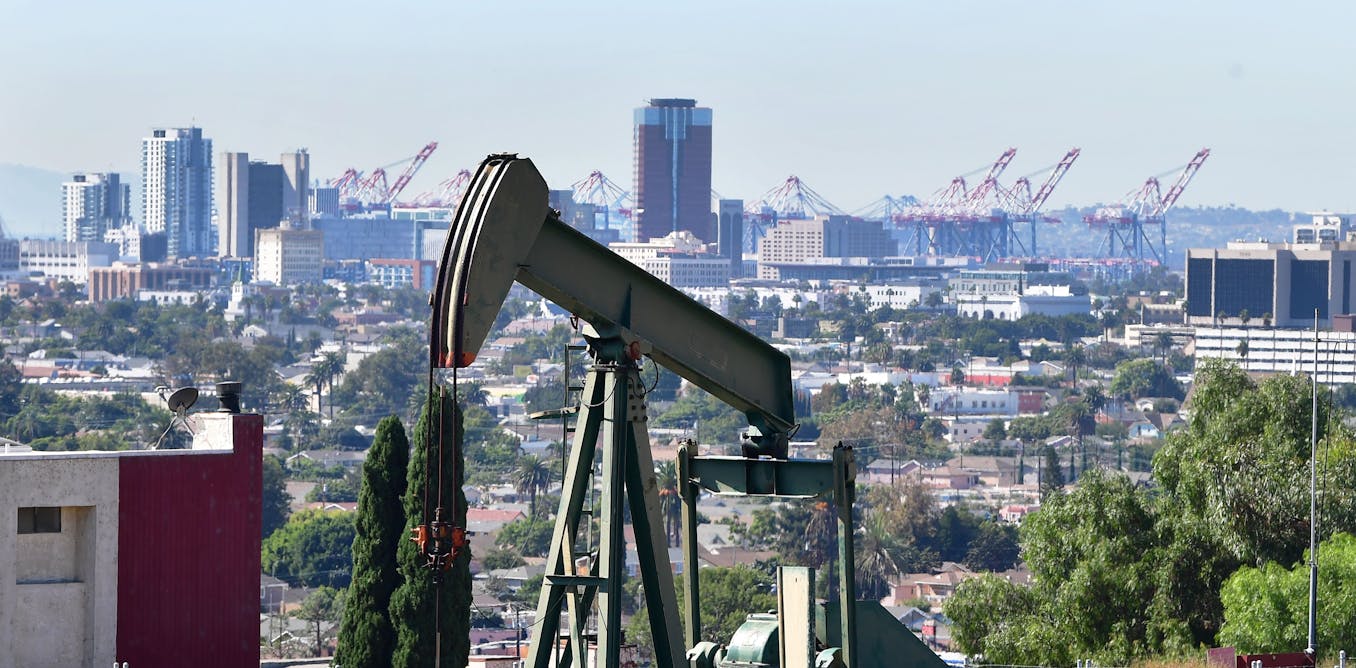These 3 energy storage technologies can help solve the challenge of moving to 100% renewable electricity
The US is generating more electricity than ever from wind and solar power – but often it’s not needed at the time it’s produced. Advanced energy storage technologies make that power available 24/7.
Aug. 26, 2021 • ~9 min

